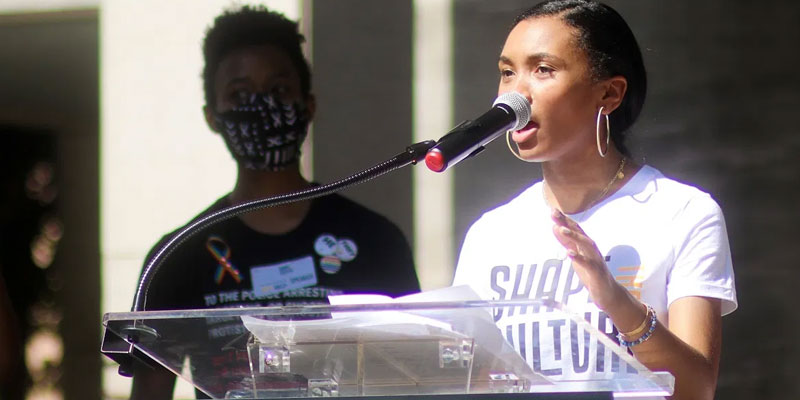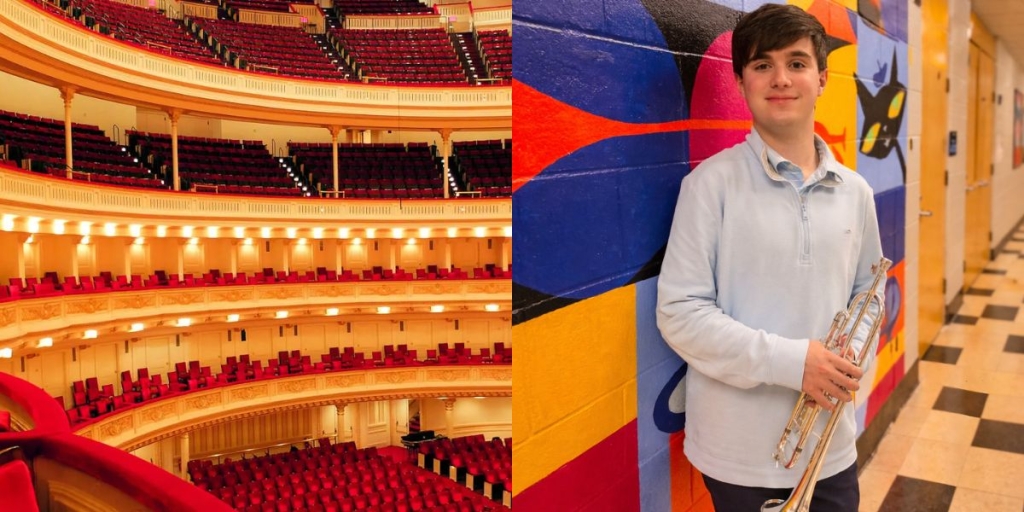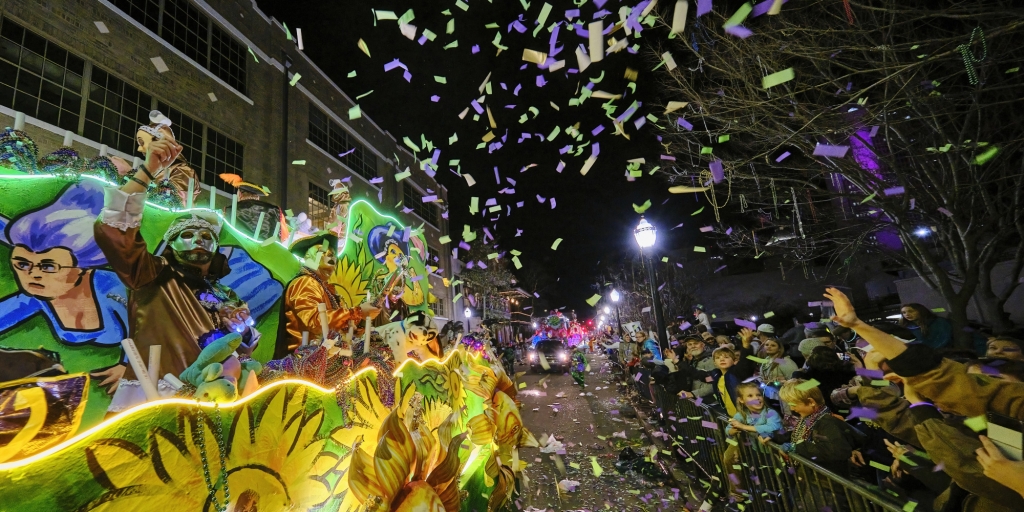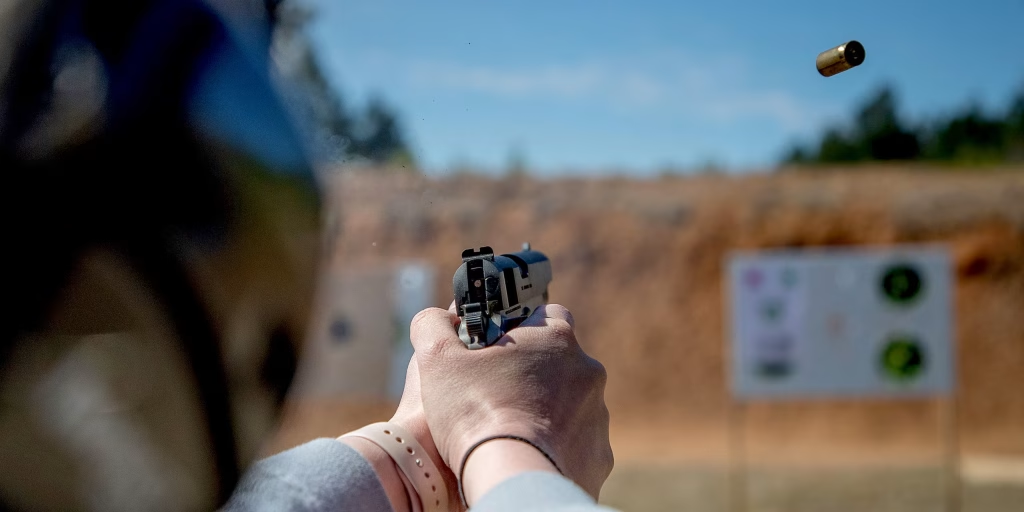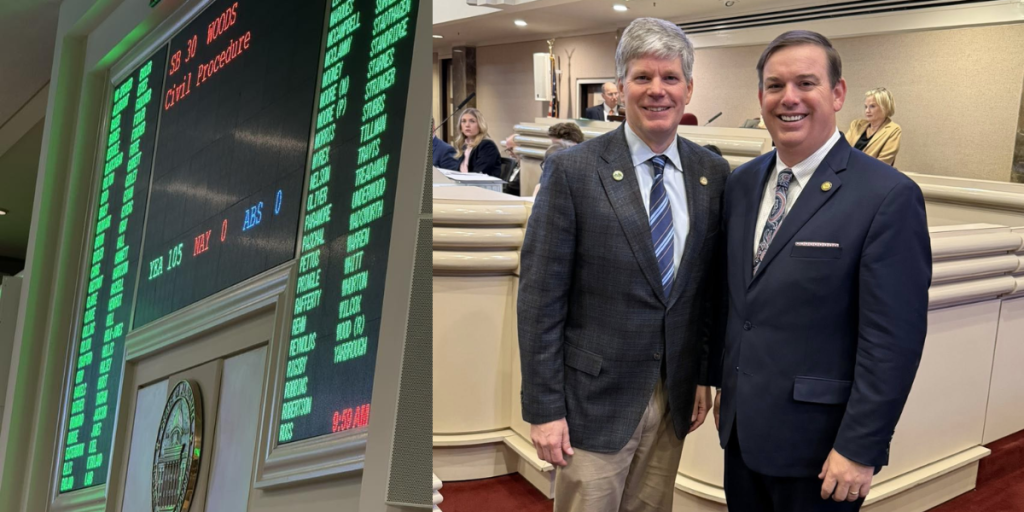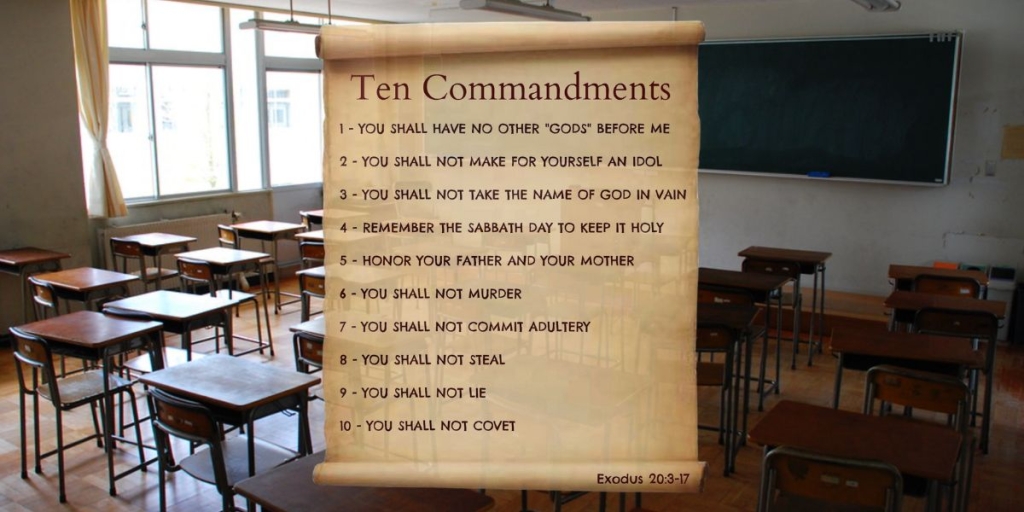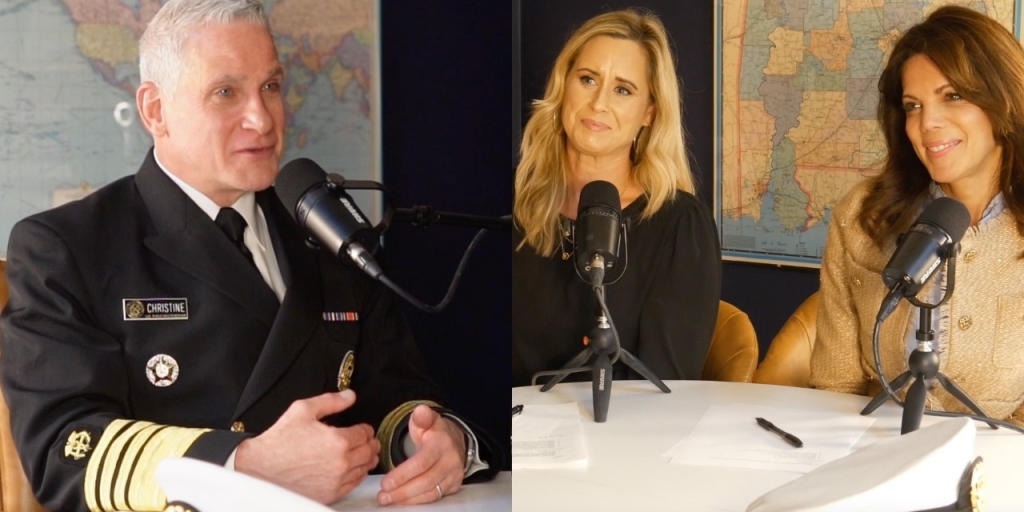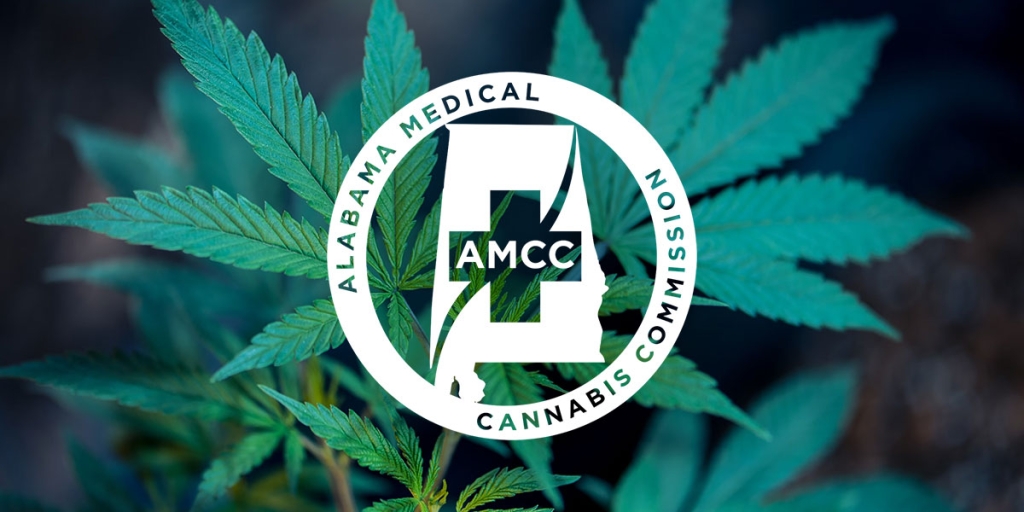A national movement in protest of racial injustice is providing a timely launch of a digital platform that aims to highlight the positive work that young people across the country are doing in their communities, hoping to inspire others to do the same.
“Shape the Culture” is the brainchild of 17-year-old Jordyn Hudson, a senior at Indian Springs School near Birmingham, and the young woman is as smart, energetic and hopeful as the organization that emerged as an idea last summer.
“I, like many others, was really affected by the deaths of Breonna Taylor and George Floyd. It feels like our country is divided,” she said about what motivated her to start Shape the Culture. “I want to do my small part to help fight against inequity and injustice in our society. We are in need of unity, love and peace.”
“Shape the Culture,” which grew out of that passion, had its prominence amplified when it organized a Be the Change Unity Rally in Kelly Ingram Park in downtown Birmingham on June 21. Old and young people of various persuasions showed up to support the nonviolent demonstration that gave voice to area youths.
Categories on the website include fashion, music, business, Birmingham and arts. Hudson said she wants to present the stories and images of Black excellence and the good work of young people of color to counter the negative images that are often shown in the media.
Recent examples of “Shape the Culture” content include an interview with filmmaker Malcolm Walker, an Atlanta native and incoming freshman at New York University; and an interview with Kierston Withrow, a staff member at the Crisis Center in Birmingham, on the importance of mental health.
Hudson recently responded to Alabama NewsCenter’s questions about “Shape the Culture” and her thoughts on the ongoing social justice movement.
Describe yourself outside of “Shape the Culture.” What are your interests when you’re not amplifying the voice of today’s youth (school activities, hobbies, etc.)?
Jordyn Hudson: Throughout my matriculation at Indian Springs, I have been active in Mock Trial, Student Government, Student Ambassadors, Choir, Gender Equity Club and Black Student Caucus. I’m really active outside of school, too. I’m a member of Youth Serve and president of the Youth Philanthropy Council. As a part of Alabama YMCA, I serve as the head lobbyist in the Youth in Government program and as a judge in the Youth Judicial program.
What are your plans after high school?
JH: I’m not exactly sure of my future profession. I’m interested in several careers. However, ultimately, I want to do something where I can make a positive difference in my community. I will probably attend an out-of-state school. I’m looking at colleges in Georgia, D.C., North Carolina and New York. They are all in cities that I truly love. I’m interested in studying law, but I also think I would enjoy a career in business, journalism and filmmaking. So, we will see!
A lot of young people think about doing what you’re doing, but you’re actually doing it. What motivated you to get from couch to organizer?
JH: I am inspired by the young people that fought for justice and equality in the 1960s. I enjoy learning about civil rights history. Children and teens played a pivotal role during the Civil Rights Movement. I feel that young people today can do the same thing and step up to the plate and lead. I felt it was my obligation and responsibility to be courageous and act. Barack Obama once said that, “We must be the change we seek.” So, with that said, I talked to my parents about it first and they supported my idea and the rest was history. The Be the Change Unity Rally took shape. It was a peaceful event with parents around to support us. I’m so grateful to the diverse group of the children, teens and college students that came out for it. Gwendolyn Webb, one of the young student leaders that participated in the Children’s Crusade, also joined us. We were able to let our voices be heard.
Where did the name Shape the Culture come from? What’s the broader/deeper meaning behind it?
JH: I’d applied last summer for an Abroms scholarship with my school. I received the scholarship and used the funds to attend the ACLU’s advocacy program in D.C. During one of the sessions, I looked around at all of the young people in my class wanting to make positive changes about issues like climate change, immigration and racism. I then wrote down the phrase “Shape the Culture.” Youth are continuing to shape the culture in their communities for good. I felt inspired and wanted to tell young people’s stories. “Shape the Culture” means be the change, do your part, make a difference to help your community and be of service.
What is the end game for “Shape the Culture”? What do you want the shape of the culture to look like? What’s your vision for our culture and how does “Shape the Culture” get us there?
JH: That’s a great question. I don’t want to share all of my ideas just yet. You must stay tuned because what I’m doing now is only the beginning. I want Shape to be a movement for good. I see it being a multilayered platform that brings our nation’s youth together.
What’s the day-to-day work of “Shape the Culture”? How do you find the stories/issues/people you want to highlight and how does it get done?
JH: Shape literally took off the moment I started it. I’ve been blessed to know young people and those who work with young people who took an interest in what I’m trying to do. All of them serve as content providers. I’m amazed how this work has become a job for me — a job that I love. Each week, I take one issue and develop how I want to attack it. I usually think of young leaders who are doing great work on the issues I care about. Sometimes people refer a person to me. I film most of my interviews in the library in my home. I have a wonderful village around me. A mentor of mine, who works in public relations, showed me how to make and edit videos. I’ve become pretty good at it. Another mentor helped me to develop my interview style. I try to do one interview a week. I’m proud to say that I do everything myself.
When you watched the funeral procession for Congressman John Lewis and especially as it passed by the Black Lives Matter plaza as a kind of passing of the torch, what resonated with you? What thoughts went through your mind at that moment in terms of what “passing the torch” means to youth-led movements like “Shape the Culture”?
JH: My favorite quote that inspires me is from Barack Obama. “Change will not come if we wait for some other person or some other time. We are the ones we’ve been waiting for. We are the change that we seek.” Be the change like Congressman John Lewis did. He started out as a teen in the movement and went on to fight for civil rights for all people. I am so grateful that I had the chance to see him this past March in Selma during the commemorative Bloody Sunday march. I was able to capture a great picture of him that I used on Shape, along with one of his quotes that inspires me. Congressman Lewis will be missed.
How much does history — like that of John Lewis and many others – factor into what you hope to achieve through Shape the Culture?
JH: Our history is very much a part of me. I think about it all the time. I feel the need to make a difference in all that I do. My parents have instilled in me “To whom much is given, much is required.” I believe that Shape is my way of getting into “good trouble” like Congressman Lewis said. It’s my way of moving the needle a little closer to a fair and just society, one story at time. I’ve been blessed to get some really cool interviews. I have interviewed a young filmmaker from Atlanta who is up-and-coming. And, I just interviewed Attorneys Ben Crump and Rodney Barganier about many of the cases that we see in the news. I am fortunate that I get a chance to be a storyteller. It takes all of us working together to create the world that we seek.
I wanted young people – especially young people of color – to have a space/platform to feel represented and understood. I wanted to show the phenomenal ways we are impacting our communities. It was also important for me to change the narrative. Constantly, we see negative images of Black and brown people being portrayed on the news and it was crucial for me to show and tell the black excellence, beauty and the good that young people of color are doing. On top of that, I just facilitated the Be the Change Unity Rally with my company, “Shape The Culture.” We had a diverse group of children, teens and college students from across Birmingham to join us in our peaceful rally for equity and justice for all.
How can a person join or support “Shape the Culture”?
JH: Thanks for asking that. Please follow Shape on Instagram @shapethecultureco and check out my website at www.ShapetheCultureCo.com for new articles weekly. Also, be on the lookout for future events and merchandise from Shape. Also, if you know of a young person making a positive impact, reach out to me. I would love to share their story.
What would you say to the 16- to 24-year-old who wants to play a part in the larger social justice movement? What steps or actions or education would you encourage them to take?
As a teen, I think we must make a difference now. I would tell them to listen to that little voice telling them to do something. We are not too young. Being from Birmingham and knowing the history that took place here in the 1960s, I think that it is important for us to look at the kids who marched the streets of Birmingham during the Children’s Crusade. They were courageous. They changed our country at a pivotal time. We are at another pivotal time with racism, inequity and injustice. We must act. It is our time.
(Courtesy of Alabama NewsCenter)




